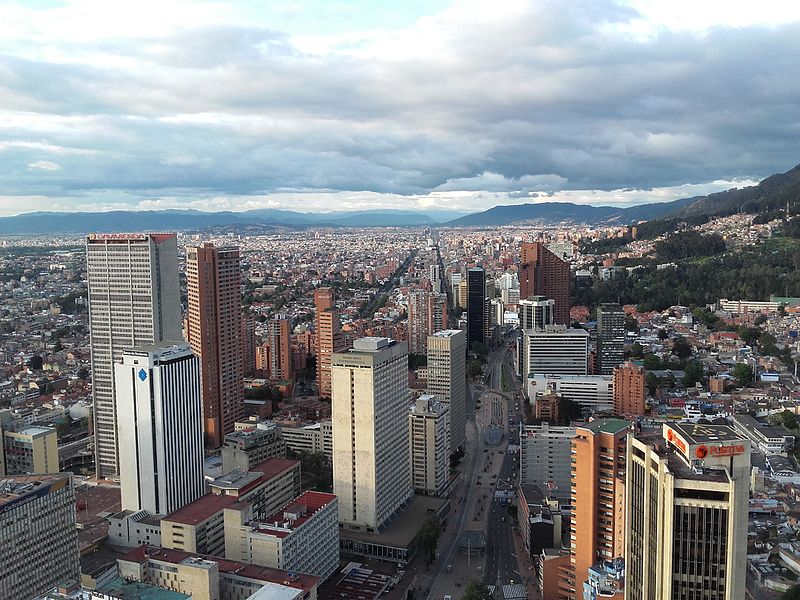The Wikimedia Foundation received a successful result protecting volunteer work about a political figure in Colombia. We plan to ask the Colombian Constitutional Court to review this case in order to establish a strong legal precedent protecting free knowledge.

The Wikimedia Foundation (Foundation) asked the Colombian Constitutional Court to review its recent case against Mr. Juan Pablo Gallo Maya, former Mayor of Pereira, Colombia. Earlier, the Criminal Court of Colombia rejected Mr. Gallo’s petition alleging violation of his right to honor and good name (under the Guardianship Act). By ruling in favor of the Foundation, the Court affirmed the protection of users’ rights, in particular, the right to obtain knowledge and contribute to biographies of notable people, including information relating to any controversy or scandal about their public life.
Given that this case represents the thorough work done by Wikimedians and presents novel legal issues involving Wikipedia, a favorable review by a higher court would contribute to setting a persuasive precedent in favor of free expression not only in Colombia but more broadly in Spanish-speaking countries and globally. This blog discusses the Court’s observations and Foundation’s plans to strengthen the legal protections for movement projects in Colombia.
Background
For the last two decades, Wikipedia has emerged as a go-to resource for information regarding public figures across the globe. Given the degree of sensitivity involved with biographical pages, the Wikimedia volunteer editor communities and the Foundation have set out sound policies to ensure that the information published adheres to the neutral point of view and verifiability principles. Despite the high-quality work of editors around the world, some article subjects insist on trying to remove negative information about themselves by going to court. Mr. Gallo’s was one such case.
Wikipedia hosts two articles relating to Mr. Gallo (in English and Spanish). He sued the Foundation, alleging that the articles wrongfully published information regarding his suspension by the Attorney General’s Office as it was based on unreliable resources.
In the prayer, he requested the Court to direct the takedown of the disputed information and provide him the freedom and autonomy to edit his profile. He also asked that third parties be banned from editing his articles. In its review, the Court emphasized the need to strike a balance between individual freedom and public interest. It was highlighted that while free speech’s exercise could be restricted in case of conflict with honor and good name, it could be done only in limited cases. The Court further held that citizens have a right to receive information that is newsworthy and not manipulated. To this extent, it concluded that the information about Mr. Gallo’s suspension was true and appropriately sourced. In a welcome move, the Court also clarified that Wikipedia could not be expected to censor any information in response to claims of violation of constitutional protections as it requires a legal evaluation.
Since the present case was filed under the Guardianship Act (exceptional remedy for violation of fundamental rights), any further review goes directly to the Colombia Constitutional Court.
Why go to the Constitutional Court if we won?
At first glance, one might question the need to request a review by the Constitutional Court, particularly when the lower court has already ruled in our favor. If the Foundation already protected the article, what warrants further review?
A review by a high court can offer a strong and persuasive precedent that helps protect free knowledge. Thus, a favorable outcome would confirm that editors in Colombia are free to write fairly and neutrally about public figures, including appropriately sourced critical information in the public interest, without fear of reprisal. In addition to having a binding effect on prospective cases in Colombia, we hope that this judgment will also have an influential and persuasive impact on many other Spanish-speaking jurisdictions, especially its regional neighbors. A favorable precedent is useful for the Foundation’s efforts in defending Wikimedians’ work worldwide, and this case is one of the many attempts in that direction.
For more about the Wikimedia Foundation Legal department and their work, see their Meta-Wiki page.

Can you help us translate this article?
In order for this article to reach as many people as possible we would like your help. Can you translate this article to get the message out?
Start translation